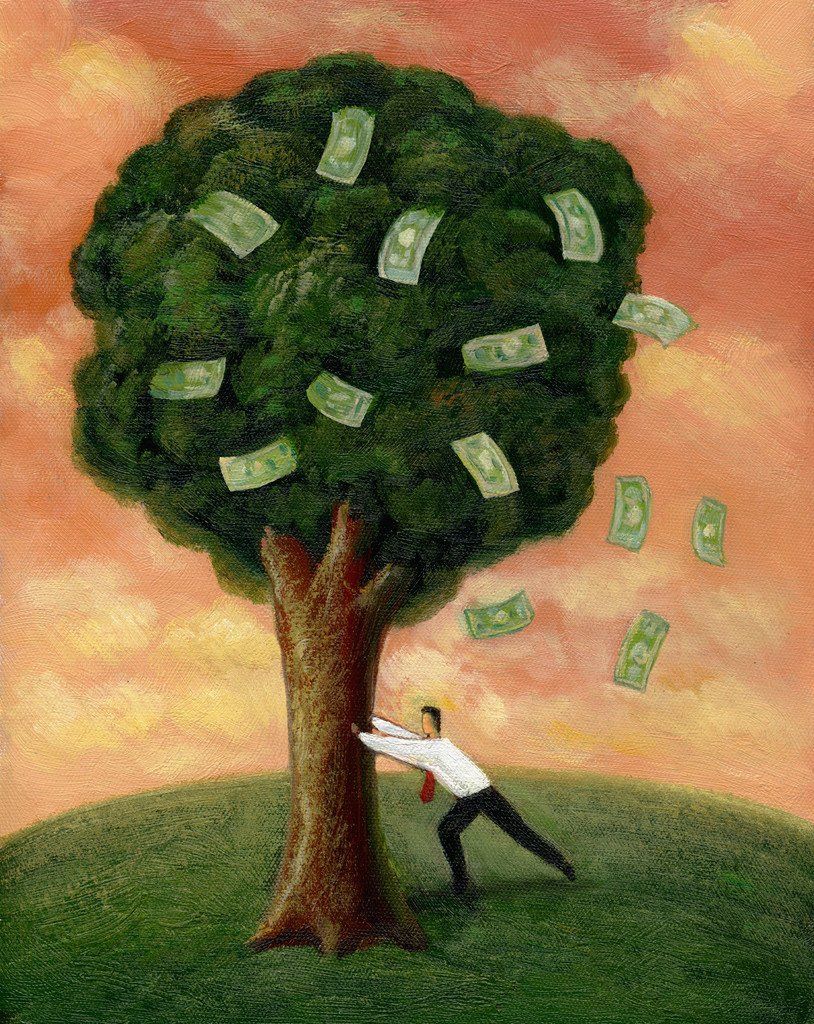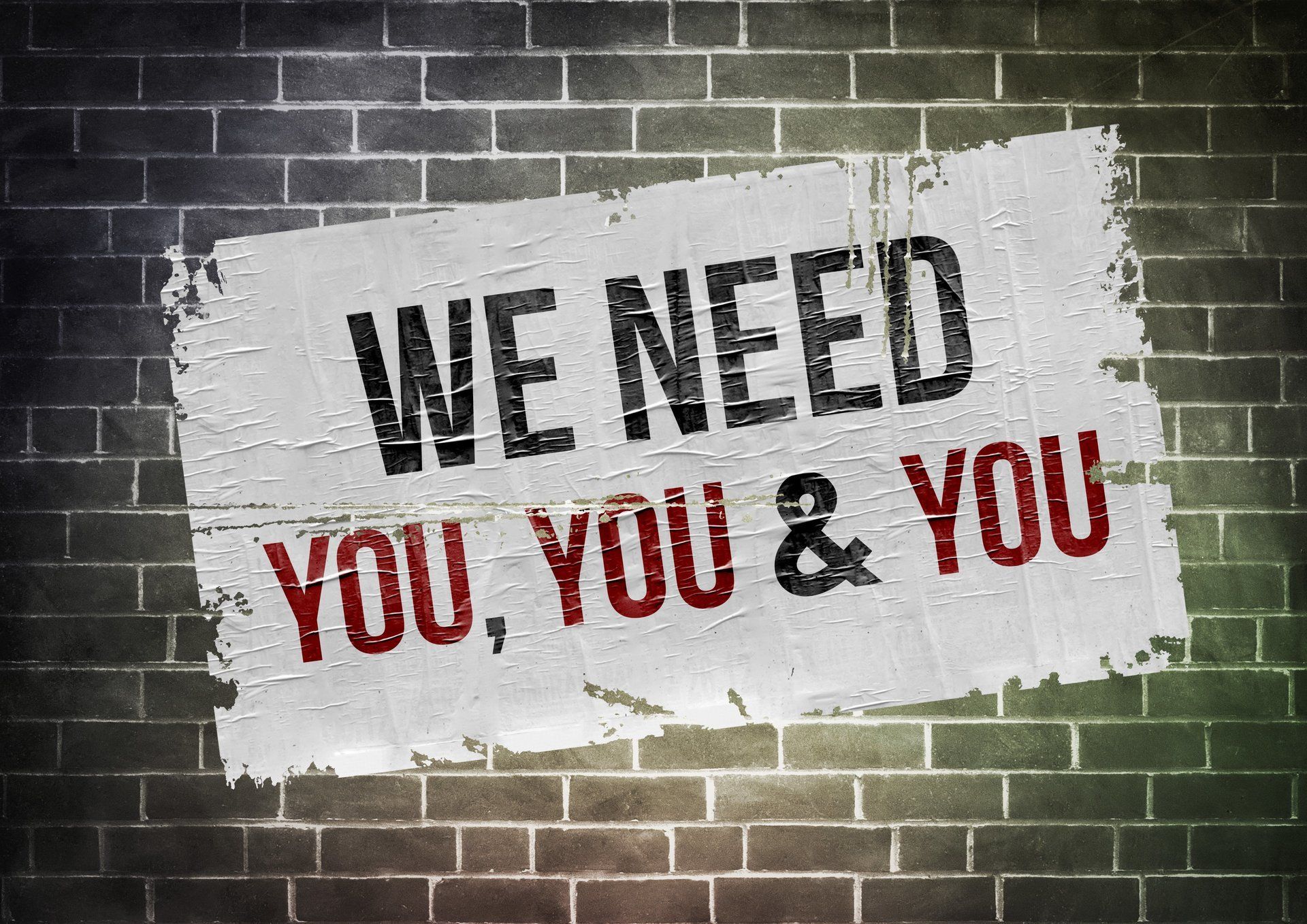Save, save, save me... asks your future self
Gabor Balint • 8 July 2020
Save and your future self (and your wallet) will thank you, not to mention your mental health

Life is good. The (apparently) most important barometer of British life, THE PUB, is allowed to be open again. Even those non-essential things you don’t need are available to buy not only through AMAZON, a.k.a. Another-Market-Added to-Zombie-Online-Networks but, also, at those dying breeds of ordinary shops. Remember them? This is where you can actually talk to a human being and receive good customer service that might just make you think about the consequences of the convenience of next-day-delivery and its impact on the world’s resources and the way people work.
There is virtually no segment of British society or economy that would not have received unthinkable financial support from the Chancellor. Markets that fell sharply have recovered, making those who were brave to do nothing during the turbulence look wise. People are going back to work, hoping that consumer demand returns and redundancies – though inevitable to some degree – will be either limited and/or temporary. It would seem a good time, then, to relax and loosen the purse strings a little and take a ‘well deserved’ break, splash out and do ‘your bit’ for the economy.
Well, I beg to differ. On behalf of the content of your wallet and your future self, I would urge you to re-consider. I think now is prime time to save, save, save, if you can. Let me explain: this is not as contrarian as you might think on first inspection. According to the Office of National Statistics, in March/April/May there has been a strong increase in savings by UK households despite virtually non-existent savings account rates and most of the economic activity of the country being on hold. Clearly, there can be many reasons to save but ask yourself: do you really need something that you could do without for the past nearly 4 months? I am not advocating asceticism or talking about those who are in genuine financial dire straits. I am talking about the vast majority of UK households that went into this virus crisis on the back of record employment and have found that, whether with or without the Chancellor’s support programmes, they could reduce their consumption and still live a pretty good life. And therein lies an opportunity.
In a consumer society it is easy to forget the habit of savings when virtually everything and anything is available on credit. Life is good, money is easy. Until it isn’t. And the worst bit about that is that you don’t know when things suddenly strike. Like this virus and the subsequent lock-down and virtual freeze on entire economies. Didn’t this whole thing shake things up to the core? Isn’t it time to try to look at things differently, starting with your own outlook and habits? Re-evaluate spending and saving? Surely one of the lasting – rational – legacies should be that we need to be more prepared for the unexpected.
So I am slightly encouraged when people ask me about what level of savings they should have, e.g. 3 months’, six months' worth or more, but this is the wrong question, really. It’s impossible to tell in advance what you will need in a future crisis, so don’t be bound by your own arbitrary target. Instead, rediscover the pleasure of saving money every single time you can. Again, I am not advocating extreme frugality, just a simple rational thought process around your habits. Think of it as spending money on your future, if you like. The opportunities are endless. Realise the difference between what you need and what's nice to have. Be critical of waste of anything: food, energy, clothes, packaging, endless upgrades of consumer goods before they reach the end of their life.
Every time you stop a little bit of waste you save money and everything you save today will help you tomorrow. You go through jobs and life and unless you have been very unlucky or very irresponsible, you progress and carry on. Once you are able to make ends meet, see all future increases in your income as a bonus, something you could do without and save a portion of it. Depending on your personality, make charts, have a jar, reward yourself, use an app, ask a family member, be inventive, be boring; there is no right or wrong way of giving money to your future self and thereby improving your financial position.
Make savings a habit and you will soon sail past those arbitrary targets and won’t look back, feeling less anxious and more sanguine about the future. We need to move the conversation on from sheer numbers and focus it on attitudes and habits. The numbers will take care of themselves and you will find that your future self will thank you when the next unexpected happens.









